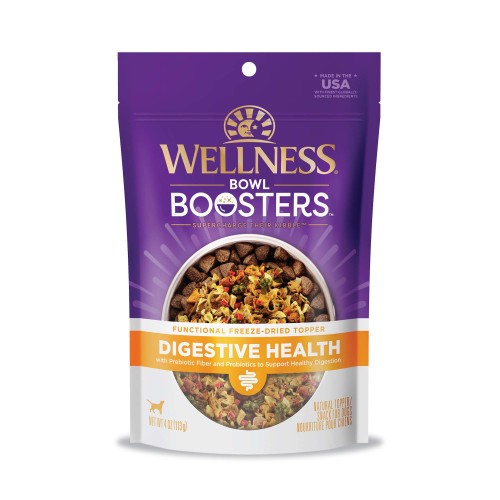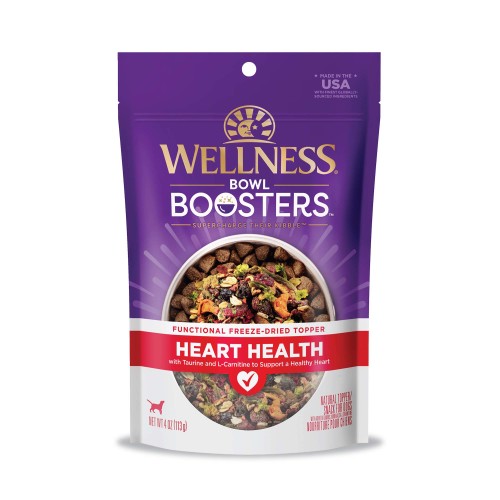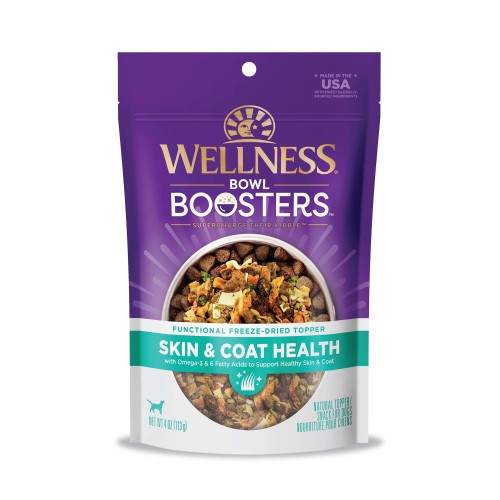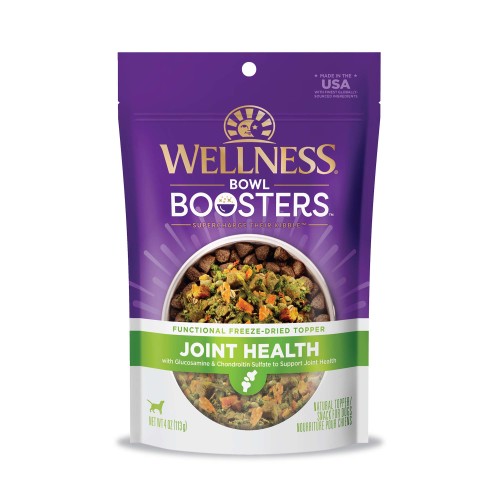June 30, 2022
The Importance Of Hypoallergenic Natural Treats For Dogs
Pet allergies are more common than you think with the incidence in pets increasing year over year. The most common kinds of allergies for pets include a reaction to fleas, upsets due to environmental factors (pollens, molds, grasses) and those triggered by food (certain proteins or carbohydrates). Looking specifically at the food reactions, it is estimated that these now account for up to 46% of inflammatory skin lesions in dogs making them a key issue to consider for all dogs who display with skin and coat concerns.
THE DIFFERENCE BETWEEN FOOD ALLERGIES & FOOD INTOLERANCES:
A true food allergy occurs when the immune system mistakenly identifies a particular food ingredient as harmful and subsequently commences an immune response. Estimated to be just 10% of all presenting allergies, clinical signs of a food allergy include intensive itching, paw biting, obsessive licking, redness and hair loss. Whilst the ingredients that trigger an allergic response vary on a case by case basis for every pet, studies have shown the top allergens for dogs to specifically include beef, dairy, wheat, chicken, eggs, corn, and soy.
Food intolerances, on the other hand, are non-allergic reaction to a food that presents as a digestive problem rather than an immune response. Intolerances can result from a pet being unable to properly digest certain ingredients such as dairy, grains, and artificial colors, artificial flavors, and chemical preservatives. The onset of food intolerances typically occurs suddenly within 2-48 hours after ingesting the offending food and clinical signs include loose stools, vomiting, diarrhea, and gas which may persist for several hours or days.
FINDING TREATS PERFECT FOR DOGS WITH FOOD ALLERGIES & FOOD INTOLERANCES
For both food allergy and food intolerance cases, the clinical signs can be eliminated by feeding a diet that avoids the offending ingredients. This is particularly why grain free, natural nutrition has become a go-to choice for many pet owners. Recipes such as Wellness WHIMZEES Dental Treats are scientifically crafted to support dental health with just 6 key ingredients and no meat proteins or grains to help reduce the likelihood of a treat that will cause a food allergy or food intolerance reaction in dogs.
A single treat may not seem like a big deal, but for food sensitive dogs, even a quick bite that contains an allergen can trigger unpleasant symptoms like diarrhea, vomiting, and digestive upset. Choosing a naturally hypoallergenic treat to accompany their main nutrition is key to keeping them healthy while also letting them enjoy delicious rewards that every dog deserves.





